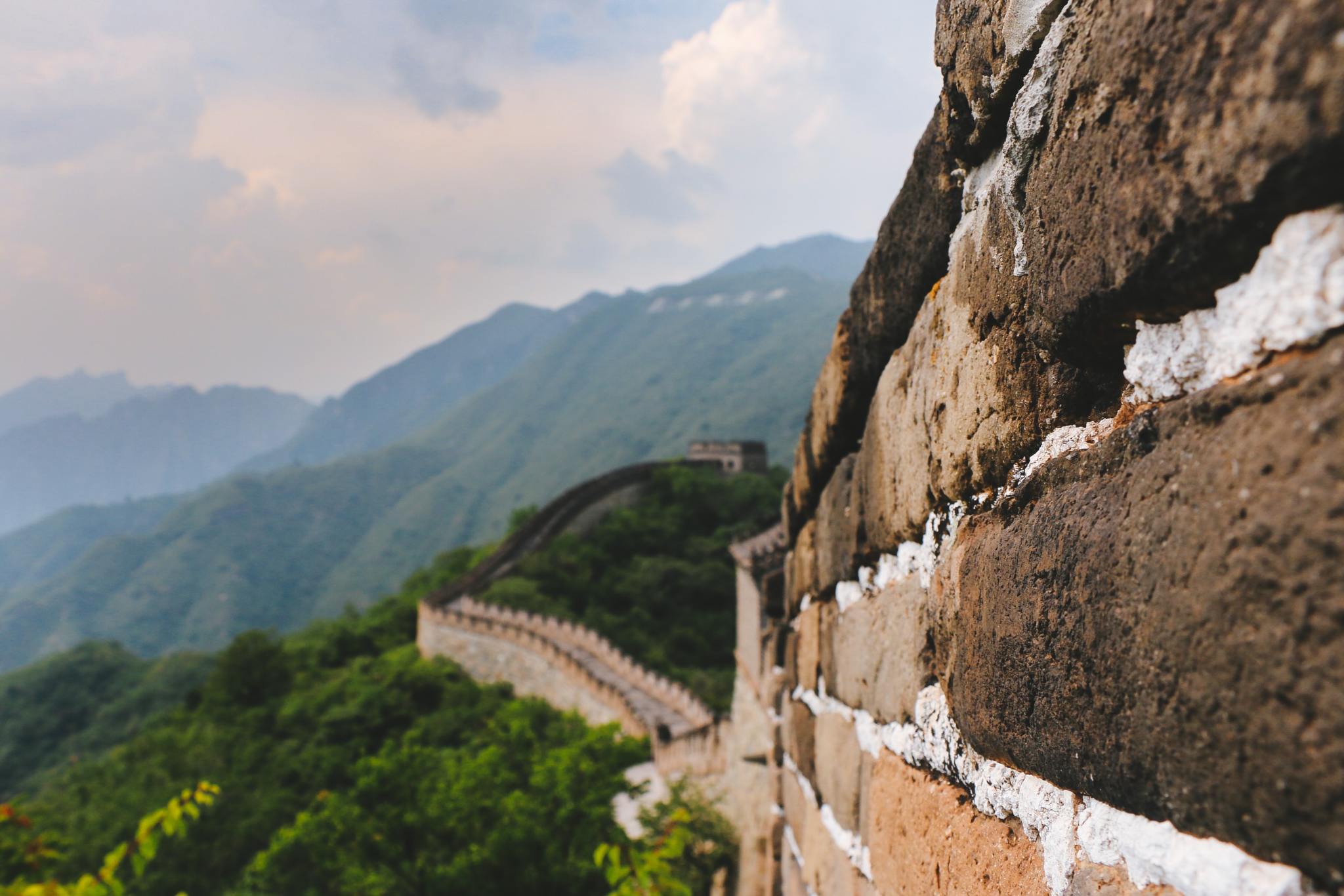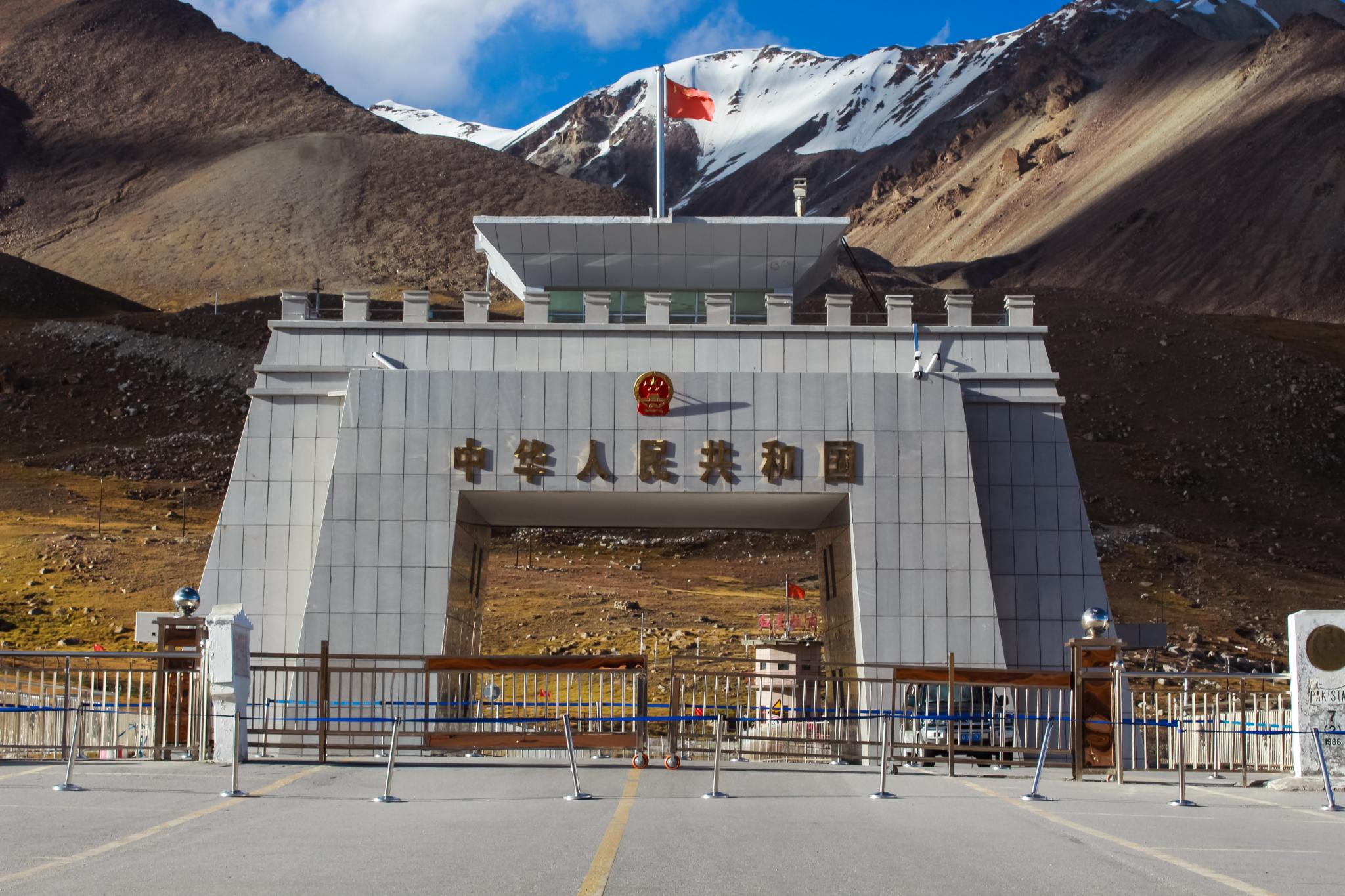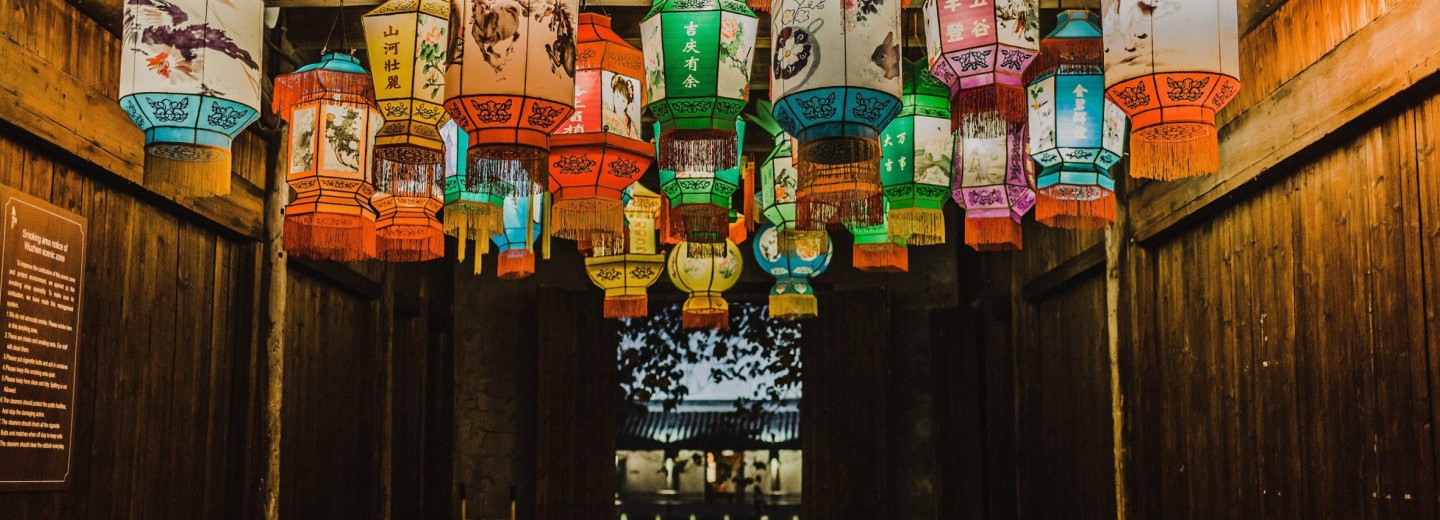The Silk Roads three – BRI
In this post we focus in more detail on China’s Belt and Road Initiative (BRI). Its intentions are noble. Its execution sometimes flawed. Yet, as the power of the USA wanes, BRI has also aroused controversy from those who believe China is trying to dominate the world.
What is it?
What exactly is the Belt and Road initiative (BRI)? Many people think they know. Peter Frankopan’s 2018 book, “The New Silk Roads” established him as someone who knew for sure. But even he wrote: ‘It is … difficult to get a sense of exactly what the Belt and Road Initiative is.’ He quotes Jonathan Hillman, a BRI expert from the Centre for Strategic and International Studies. Hillman described BRI to be ‘breathtakingly ambiguous’. At a conference I attended in London in 2019, the principal speaker doubted if “even China itself knows exactly what BRI is.”
I make two points here. First, a project of this size and complexity is hard to describe in simple language. It is harder still to be clear about motivations. Yet, they do exist. China has articulated them many times.
Second, what Westerners define as ambiguity is often a part of Chinese culture. Greek philosophy defines black and white by logic. If ‘this’ is so – then ‘that’ cannot be. in Chinese culture (and many Asian cultures also) the answer would be ‘it all depends’. ‘This’ can be true on one occasion; ‘that’ true in other circumstances. The Chinese built bridges ‘by feeling the stones’. One is never quite sure where a bridge will go or how it will look until construction is over.

The beginnings
Strangely, given current views and events, it was Hilary Clinton, then the USA’s Secretary of State, who was one of the early promoters of the BRI concept. Speaking in 2011 in Chennai,she said:
Let’s work together to create a new Silk Road…an international network…of connections…removing the bureaucratic barriers…to the free flow of goods and people.
This was a vision for the 21st century involving co-operation between India and the USA. Some called it a dream.
Two years later in 2013, President Xi Jinping announced China’s Belt and Road Initiative. China had been thinking about this many years before the Clinton speech. Opening an International Conference in Beijing in 2017, the President said: “In the autumn of 2013, in Kazakhstan and Indonesia, I proposed the building of the Silk Road Economic Belt and the 21st Century Maritime Silk Road, which I call the Belt and Road Initiative. As a Chinese saying goes, ‘Peaches and plums do not speak, but they are so attractive that a path is formed below the trees.”
In this speech, he made clear China’s objectives for BRI. Xi Jinping said:
First, we should build the Belt and Road into a road for peace. Some regions along the ancient Silk Road used to be a land of milk and honey. Yet today, these places are often associated with conflict, turbulence, crisis and challenge.
Second, we should build the Belt and Road into a road of prosperity. Industries are the foundation of economy. We should deepen industrial cooperation so that industrial development plans of different countries will complement and reinforce each other.
Third, we should build the Belt and Road into a road of opening up. Opening up brings progress while isolation results in backwardness
Fourth, we should build the Belt and Road into a road of innovation
Fifth, we should build the Belt and Road into a road connecting different civilizations.
He went on:
In pursuing the Belt and Road Initiative, we will not resort to outdated geopolitical manoeuvring. What we hope to achieve is a new model of win-win cooperation. We have no intention to form a small group detrimental to stability; what we hope to create is a big family of harmonious co-existence.
Where is the ambiguity in these words? They could hardly be clearer one would think.
The cynics
As with all geo-politics, it is not as simple as that. For words like XI Jinping’s to be unambiguous, one first must believe he means them. As China’s strength and power has grown, so the West, led by the USA, has resented China. It resists its ambitions to take a great part in global affairs. Thus anything China says is treated with caution and rejected.
Speaking in 2018 – even before the current anti-China paranoia in Washington – Vice-President Pence said, in reference to BRI:
I’m also pleased to report that we’re streamlining international development and finance programs. We’ll be giving foreign nations a just and transparent alternative to China’s debt-trap diplomacy.
In February 2020, the Economist ran a critical article about BRI. The author writes:
…the Chinese Communist Party is using the BRI to reshape a world order more to its liking. The focus is economic engagement and clever diplomacy.
It goes on:
From a Communist Party perspective, cultivating political relationships, and what the party likes to call “people-to-people” ties, bends the world, bit by bit, to China’s will….Above all, the BRI is the world’s greatest branding exercise…Praise the plan and you will be rewarded. Criticise it, and not only have you offended China, you have offended the cosmos, or at least the “Silk Road spirit” of “peace and co-operation, openness and inclusiveness, mutual learning and mutual benefit.
Objective commentators
In August 2020, Chatham House, the respected UK think-tank painted a more objective picture of BRI. In a lengthy, well-argued, report, the authors conclude:
Mainstream accounts depict China’s BRI as a predatory form of economic statecraft, seeking to ensnare poor countries for geopolitical ends. This paper has demonstrated that the BRI is, in fact, motivated largely by economic factors.
Furthermore:
If policymakers in other countries continue to assume that the fragmented activities comprising the BRI are directed from the top down as part of a coordinated grand strategy, they will formulate unnecessarily hostile and counterproductive responses.
And, tellingly:
Rather than attacking the BRI, wealthy countries should provide better alternatives. The BRI is not a well-crafted Chinese plan, and recipient governments are equally or even more to blame for poorly conceived development projects. Externalizing blame only allows domestic elites to evade accountability. It can also border on racist nationalism.
The Chatham House report is balanced but also critical. The writers believe that China should improve the BRI’s governance. They should regulate its State Owned Enterprises (the principal Chinese beneficiaries) more effectively. Recipient-state policymakers should improve their capacity to test, negotiate and regulate BRI projects. While the principles behind the BRI are neither predatory nor an attempt to bend the world to China’s liking, its execution is sometimes flawed.

What does China say?
The Belt and Road News Network (BRNN) exists: “to boost understanding, friendship and cooperation, and form a normalized mechanism for collaboration, across the participating countries and regions of China’s multi-billion-dollar connectivity project.” Published in Beijing, the BRNN’s mission is to boost “understanding, friendship and cooperation, and form a normalized mechanism for collaboration across the participating countries and regions of China’s multi-billion-dollar connectivity project.” Our mission is to be completely unbiased. We’re loyal to neither nations nor its leaders (sic) but only to truth.”
The BRNN website presents the best side of BRI. Just as some may reject Western, politically motivated, distortions about BRI, so BRNN may be guilty of only publishing success stories. But it is the best source for details about the many BRI projects.
In summary, China has committed vast amounts of money to development projects along the BRI. It is doing so for the reasons President Xi gave at the first conference of BRI in Beijing in 2017. The USA is losing its dominance in geo-politics. It sees BRI as yet another Chinese attempt to dominate the world. The USA has attempted to dominate the world for decades. Any move by China to challenge this is bound to create tension.

Conclusions
In one way it is all part of the Great Game. It is inevitable. But there is a better way.
Why can we not believe in both? Both the USA and China are great powers. Each has its own value system and culture, its failings and cruelties. China and the USA both have strength, virtue and nobility that make both valuable to the world.
How tragic would it be if either China or the USA were to dominate completely?
Worked on the article:

Wanlikhang





